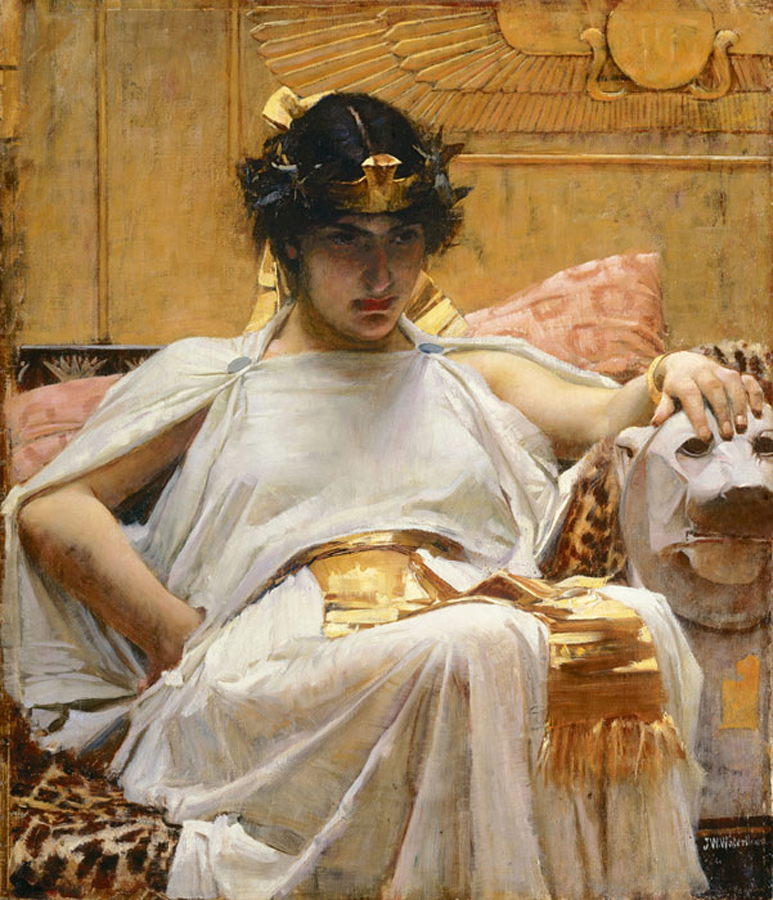
****1/2 - I really enjoyed this spooky retelling of Shakespeare's Scottish play - particularly where Cooney incorporates quotes as part of the dialogue. I enjoyed seeing the action from several characters' points of view. I did think the resolution was rather abrupt and not nearly as climactic as it should have been.
Soldiers are gathering throughout Scotland, preparing for a great battle against the traitor who stands against the much-loved King Duncan, but nothing prepared Lady Mary for the news that her own father was a traitor to the crown and that her betrothed was killed in battle. Now Mary fears for her own life, especially as she slowly comes to realize the depths her guardians Lord and Lady MacBeth are willing to plumb in order to satisfy their cravings for power. Mary is trapped in a castle with nothing to warn her who not to trust except the pricking of her thumbs…
Enter Three Witches was a creepy atmospheric story set in gloomy castles among the fog-ridden bogs of Scotland crawling with witches demanding sacrifice and eager to share ominous portends of things to come. And mixed up in the middle of the intrigues of Shakespeare's Scottish play are fourteen-year-old Mary whose rich inherited lands make her a tantalizing matrimonial prize and Banquo's son Fleance whose need to prove himself keeps landing him in difficult situations. I really liked these two main characters (especially Fleance) and enjoyed reading the sections told from their point of view. Mary in particular is resourceful and brave, and she never felt unrealistic to me.
But however much I liked Mary, and for all the Shakespeare quotes sprinkled throughout, I felt that the most climactic bits of the play (Birnam Wood marching on Dunsinane; the final battle) were given only fleeting treatment in the book which seemed a shame. But the rich background Cooney gives the characters of the original play (and those that she adds) make for a compelling read - and one that had me reaching for my copy of Shakespeare as the author exhorts at the end.
I would definitely recommend Enter Three Witches for those struggling to get into Shakespeare's play - of for those that want a creepy Gothic young adult book to curl up with on a dreary day.














